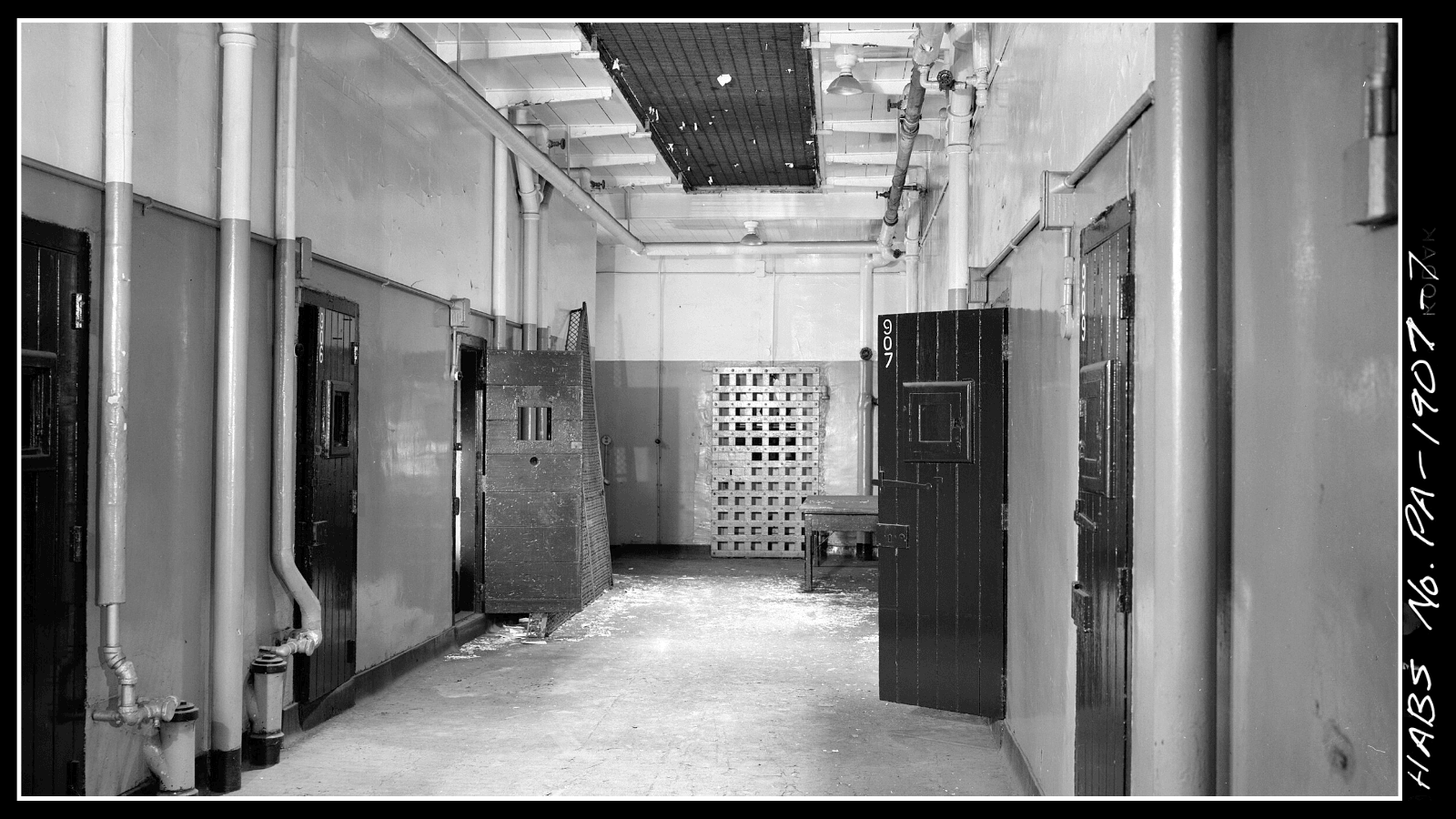On April 16, Governor Eric Holcomb congratulated himself on his administration’s handling of Indiana prisons during the COVID-19 outbreak
“We have acted very quickly. So to date, I think we’ve done an admirable job,” he said. “We have got our offenders in a safe place – we believe maybe even safer than just letting them out.”
The same day, confirmed cases in Indiana prisons spiked from 34 to 116. According to the Indiana Department of Corrections, the state is currently holding about 27,000 people in the prison system. Only 1,112, or 4% of the population, have even been tested. Over 50% of those tested have come back positive, with 572 confirmed cases and 15 inmate deaths to date.
While the governor believes the official response to the pandemic sweeping through prisons has been admirable, those on the inside report very different conditions. In a statement to IDOC Watch, a grassroots organization dedicated to fighting for and with incarcerated people, inmate Abu Faheem Shabazz describes what’s really happening.
“People are feeling like they’re just leaving us in here to die,” said Shabazz. “You’ve got so many people in here with less than a year, you got so many people in here on parole violations that should be home right now. But the governor, the commissioner, the parole board, nobody is reaching out to our families for us, nobody is trying to get us out of here.”
Shabazz is currently incarcerated at Westville Correctional, but his complaints are echoed by prisoners across Indiana. Starting April 15, prisoners at Pendleton Correctional Facility report they stopped receiving hot meals, getting only a sandwich and a piece of fruit for both lunch and dinner. There is little to no hot water, and prisoners report a lack of hand sanitizer and masks for inmates throughout the system.
Worse still is the denial of appropriate medical care. The first COVID-19 death in IDOC facilities was Scottie Edwards, identified at first only as “a male over the age of 70.” IDOC officials claimed that his symptoms came on suddenly. This account is contradicted by his fellow inmates, who say Edwards tried — and failed — to get Westville authorities to take his symptoms seriously for a week and a half until his death. His sister, Gloria Sam, says she didn’t hear from prison authorities until after Edwards was already dead. She never even knew he was sick.
Sam’s experience is mirrored in many other families with loved ones behind bars. Sherrie Sanders has been trying to contact her husband since April 12. When they last spoke, he had a fever of 102, and he said he knew he had COVID-19 but wasn’t being checked on. Since then, Sanders has struggled to get answers from prison officials who display a complete lack of empathy.
Between cramped cells, close quarters in recreation areas, and a lack of medical treatment areas that has led to some prisons quarantining symptomatic prisoners in gyms, it’s impossible for incarcerated people to practice social distancing. The only realistic solution that doesn’t include allowing the virus to run rampant through these vulnerable populations is a mass release
Edwards was set to be released on May 1. He was less than three weeks away from freedom when he died on April 13. There are roughly 6,000 other people currently imprisoned in Indiana who have less than a year left on their sentences. A coalition that includes formerly-incarcerated Hoosiers released a comprehensive and feasible plan that called for releasing this group, and that such an action would immediately decrease the state’s prison population by 21%.
To date, Holcomb has emphatically rejected any notion of a mass release. Nevertheless, the struggle continues. In April, activists, families of prisoners, and formerly incarcerated people staged three successful car demonstrations at Indiana prisons and jails, agitating for a mass release of those with less than a year left, those imprisoned on technical violations, and those with compromised immune systems.
There are two simultaneous car demonstrations this Saturday, May 16; one at Pendleton Correctional Facility and another at Indiana State Prison.
Then at 2:00 pm next Tuesday, May 19, there will be a People’s Press Conference, which will serve as a counterpoint to Holcomb’s press conferences that only address the needs of capital and the state. The issue of mass release will be one of many raised.
While the state may view our incarcerated loved ones as disposable, the people of Indiana do not. We will continue to fight for the release of our incarcerated neighbors! A prison sentence is not a death sentence!

